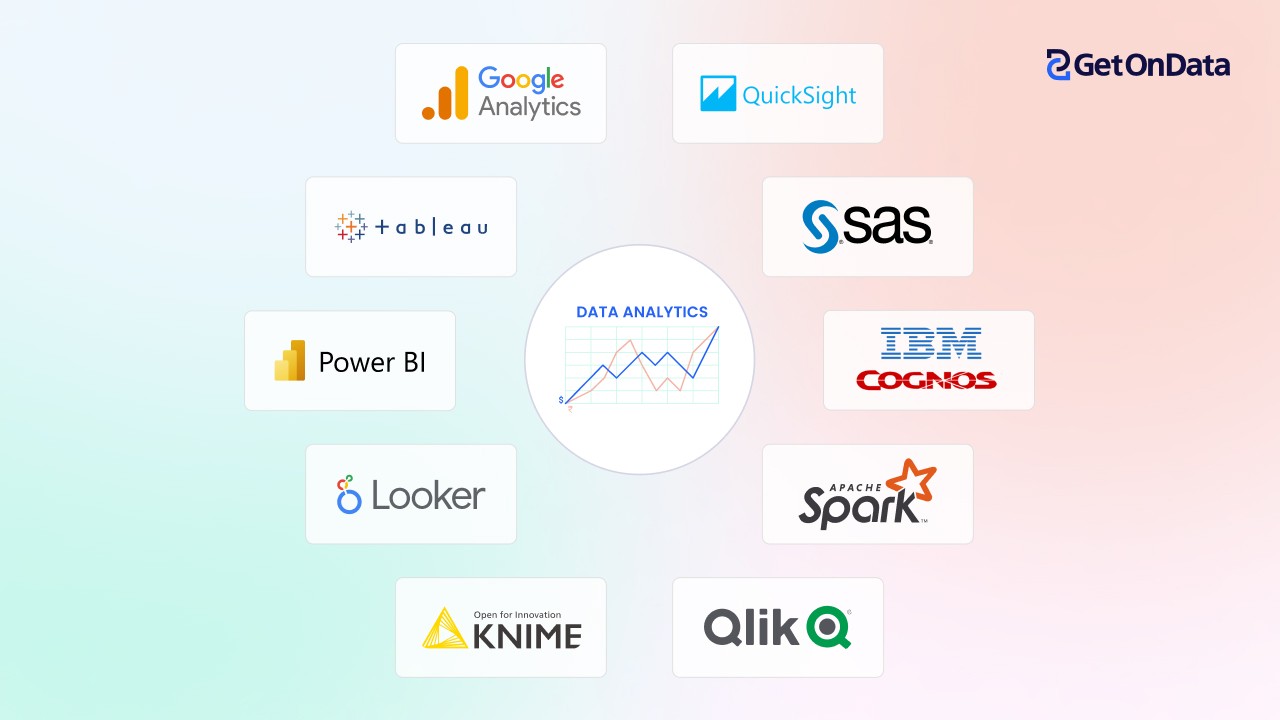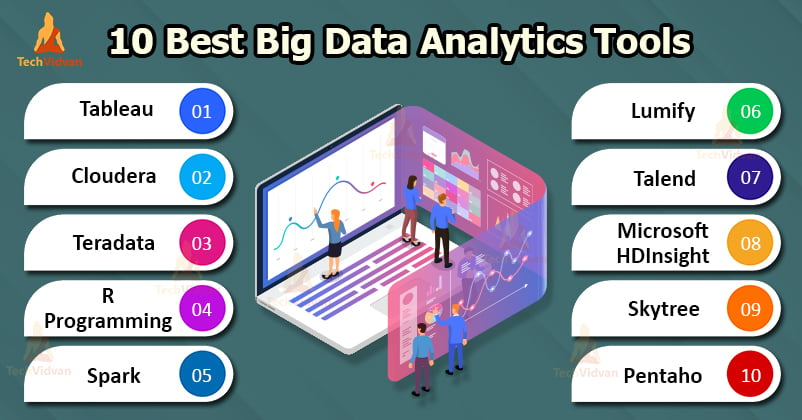Boost Your Workflow with Intelligent Analytics Systems
Boost Your Workflow with Intelligent Analytics Systems
Blog Article
Maximize Growth: How Analytics Drive Better Approaches
By taking advantage of information insights, services can improve their operational approaches, expect market modifications, and boost consumer interaction. The challenge lies not only in accumulating data yet in effectively translating it to drive substantial outcomes.
Understanding Data Analytics
Data analytics is an organized computational evaluation of data that enables organizations to uncover meaningful patterns and insights. This procedure includes a selection of methods, including analytical analysis, anticipating modeling, and data mining, which collectively aim to change raw data right into workable information - Analytics. By employing these methods, companies can make educated choices that are rooted in empirical proof instead than instinct alone
The structure of data analytics depends on its capability to manage vast quantities of details from varied sources. This includes structured data, such as data sources, and disorganized information, including social media sites interactions and customer feedback. With using specialized software application and devices, analysts can remove and process this data successfully, determining trends and correlations that might not be instantly apparent.
Comprehending information analytics additionally includes acknowledging the importance of data high quality and integrity. Reliable and precise information is essential for significant analysis; therefore, organizations need to execute durable information governance methods. The repetitive nature of analytics permits for continuous refinement and improvement of methods, ensuring that organizations continue to be dexterous in the face of transforming market dynamics and customer habits.
Key Benefits of Analytics

One of the essential benefits of analytics is its ability to provide workable understandings. Organizations can rapidly evaluate large amounts of information, discovering patterns that might not be immediately obvious. This helps in expecting market shifts and adapting strategies accordingly. In addition, analytics cultivates a culture of evidence-based decision-making, lowering dependence on intuition and guesswork.
One more significant advantage is boosted client understanding. Analytics devices allow businesses to sector their target market, track customer behavior, and customize advertising and marketing initiatives. This targeted method not just improves customer interaction yet additionally drives greater conversion prices.

Implementing Analytics Approaches
To fully realize the advantages of analytics, organizations have to embrace structured approaches for implementation. This starts with clearly defining objectives that straighten with more comprehensive organization objectives. By developing certain, measurable end results, companies can concentrate their analytics initiatives on areas that yield the highest possible return on investment.
Following, organizations ought to prioritize information governance to click to investigate make sure the stability and safety and security of the information being examined. This involves setting up methods for information collection, storage, and access while sticking to relevant laws. Ensuring top notch information is vital for producing purposeful understandings.
In addition, promoting a society of data-driven decision-making is vital. This calls for training employees to interpret analytics searchings for and encouraging cooperation throughout divisions. When teams understand the value of analytics, they are much more likely to incorporate understandings right into their daily operations.
Lastly, organizations should frequently assess and fine-tune their analytics methods. The landscape of information and innovation is continuously developing, and remaining adaptable will permit companies to leverage brand-new tools and methods properly. By executing these organized strategies, organizations can take full advantage of the influence of their analytics initiatives and drive lasting development.
Devices for Reliable Analysis
Efficient analysis depends on a selection of tools that facilitate the removal of insights from information - Analytics. These tools can range from easy spreadsheet applications to sophisticated device discovering platforms, each offering a special function in the logical procedure
Data visualization software application, such as Tableau and Power BI, plays an essential function in transforming complicated datasets right into understandable visual representations. These devices make it possible for analysts to determine patterns and fads quickly, enabling more enlightened decision-making.
Statistical analysis software, like R and SAS, offers advanced abilities for carrying out in-depth evaluations, consisting of regression, theory testing, and predictive modeling - Analytics. These functions equip companies to draw purposeful verdicts from their information, determining potential opportunities and risks
Additionally, data source administration systems such as SQL and NoSQL data sources offer the required framework for keeping and querying big volumes of data efficiently. They guarantee that information is organized and obtainable for evaluation.
Last but not least, business intelligence systems integrate various information sources, providing an extensive view of business performance. By utilizing these tools efficiently, businesses can enhance their analytical capacities, enabling them to establish strategies that maximize development and enhance overall efficiency.
Study of Success
Successful organizations often leverage data analytics to drive impactful approaches, as evidenced by numerous noteworthy case researches. By utilizing these understandings, Netflix has successfully tailored its material recommendations, resulting in boosted user interaction and client retention.
Furthermore, Starbucks utilizes data analytics to identify optimum shop areas and improve its item offerings. By examining customer demographics go to these guys and purchasing patterns, Starbucks effectively identifies high-potential markets and tailors its food selection to local tastes, driving sales and client loyalty.
These study highlight that reliable use of data analytics can result in critical benefits, cultivating development and development within organizations throughout various industries.
Final Thought
To conclude, the integration of analytics into organizational strategies dramatically boosts decision-making processes and cultivates sustainable development. By leveraging data-driven understandings, businesses can recognize patterns, expect market changes, and enhance operations. The efficient application of analytics devices even more supports agility and innovation, enabling organizations to navigate affordable landscapes with greater accuracy. Inevitably, a dedication to analytics not just drives prompt More hints efficiency enhancements yet additionally secures long-term success in an ever-evolving market.
Information analytics is an organized computational evaluation of data that enables companies to uncover significant patterns and understandings.Understanding information analytics also entails identifying the value of data high quality and integrity. Exact and reliable data is crucial for meaningful evaluation; therefore, organizations must apply robust information governance techniques.Following, companies ought to prioritize information governance to ensure the stability and security of the data being analyzed.Effective companies usually utilize information analytics to drive impactful strategies, as evidenced by a number of remarkable instance researches.
Report this page